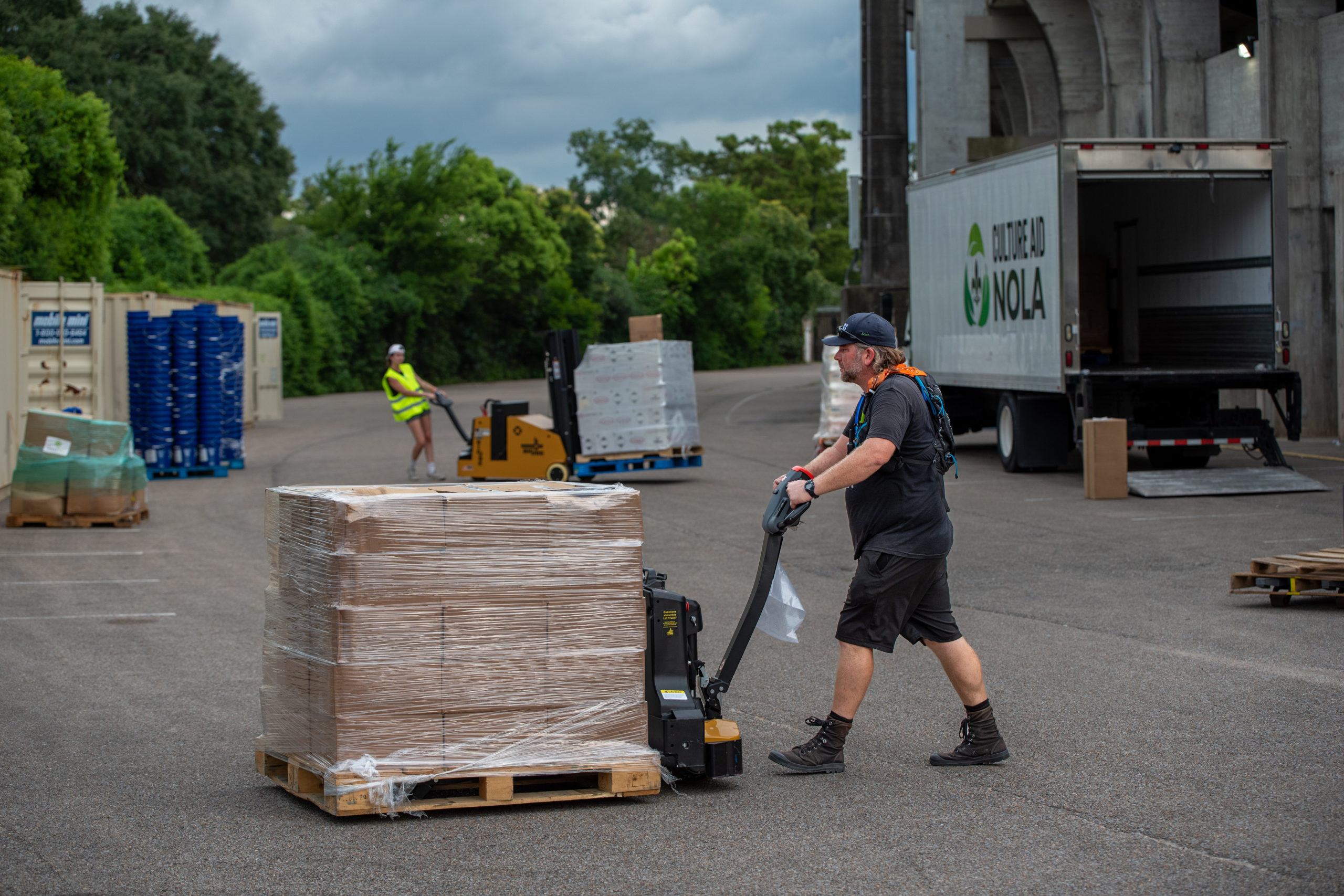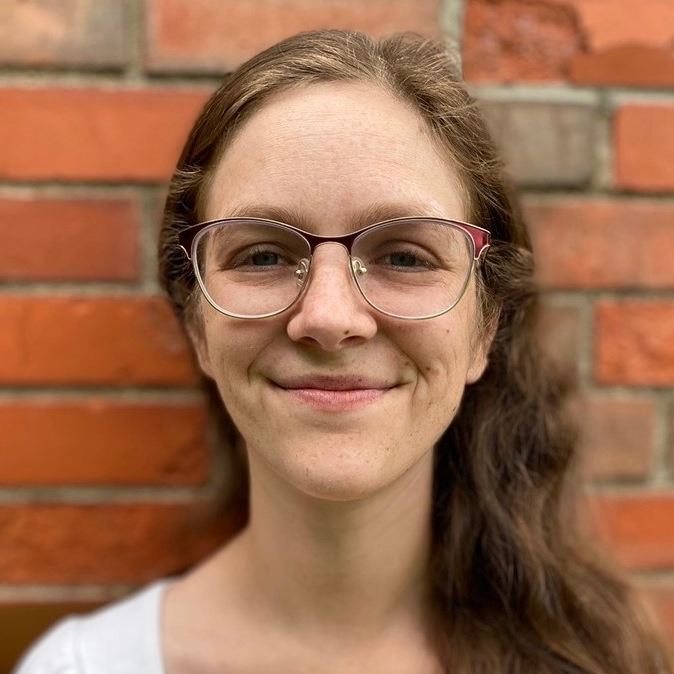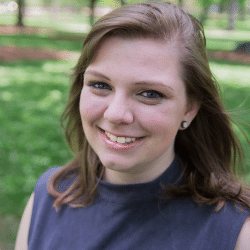The balm before the storm

We’ve seen it happen disaster after disaster, since before Hurricane Katrina and most recently in Florida with Hurricane Ian. No matter how early we know a storm is heading our way or what level of impact it might have, and no matter how many times the experts tell us to leave or how to prepare, some people will not evacuate, even if that seems like the most logical option.
For some of us, evacuation is not an option. There’s no viable or affordable place to evacuate to, no transportation to get us there or we are physically unable to make the long and arduous trek. These are all legitimate reasons for staying put with a plan to shelter in place. So, we prepare as best we can, securing the supplies to get us through. But, for many, this, too, is not possible.
Stocking up on supplies and preparing for long-term power outages or damages to other critical infrastructure is expensive. It is not an option for many living paycheck to paycheck or on a fixed income. The results of this lack of options can be devastating, as happened most recently in Florida, with the deaths of those unable to evacuate and prepare for the hurricane’s wrath.
How can local, nonprofit organizations, with the help of grantmakers, donors and partners, pre-position emergency supplies to provide to people who cannot purchase or access them?
What are our options?
In the first 72 hours after a disaster, supplies such as water, shelf-stable foods and initial clean-up tools are crucial for survival. But often, they sit congregated in warehouses, beyond the reach of last-mile delivery systems that will be down for weeks. Resources are less likely to make it directly into homes after a storm as streets are blocked, roads flooded and public transportation halted.
At Culture Aid NOLA, we believe the best place to pre-position donated items for hurricanes and other major disasters is in the homes of local families not miles away and unreachable in warehouses. That’s the idea behind July Supply, the first-of-its-kind disaster preparation distribution for our community, which we often see being left behind in this response.
Culture Aid NOLA piloted July Supply last summer and leveraged a $50,000 grant from the Center for Disaster Philanthropy with more than $730,000 worth of donated goods and $24,618 worth of volunteer labor to serve 2,000 New Orleans families.
Partnerships with organizations including Can’d Aid, Conscious Alliance, Good360, Second Harvest Food Bank and more helped us source supplies for the beginnings of a “Hurricane Kit” for local families. The kits, which included more than 3,800 flashlights, 48,000 cans of water and 22,000 cans of sanitizers, were distributed at the community event on July 16 in New Orleans’ City Park.
“We were very impressed with the responsiveness and transparency of Culture Aid NOLA,” said partner Can’d Aid through the July Supply After-Action Report. Another partner also shared, “The pre-disaster approach was greatly appreciated. It gave us time to provide support and was not the norm for us as we are usually scrambling to provide support during a response.”
Getting supplies in our neighbor’s homes ahead of time gives families peace of mind before something catastrophic hits.
Why should we prepare?
In the face of rapidly intensifying storms, like Hurricane Ida in 2021, and inflation, the realities of evacuation are causing more and more families to question leaving. New Orleans’ City Assisted Evacuation Plan only accounts for 10% of citizens who don’t have cars or who have major medical needs in the face of a mandatory evacuation while almost 20% of New Orleans residents do not have a car, and 26% fall below the federal poverty level. With less accessibility to evacuation for some populations and less time to evacuate, it’s imperative to prepare communities before with supplies to last the first 72 hours of a storm.
The federal poverty line does not include undocumented persons, displaced persons, evacuees, and families that make just above the federal poverty line, who are Asset Limited, Income Constrained, Employed (ALICE). The United Way of Southeast Louisiana believes up to 57% of Orleans Parish residents are struggling households without the extra funds to leave town in the face of a storm.
These underserved communities are who Culture Aid NOLA aims to serve at our twice-weekly free grocery distributions without imposing stigmas or barriers like proof of identification, residency or income. We believe that everyone deserves access to resources to feed their families and prepare them in the face of disaster.
What’s next?
We plan to make July Supply an annual event in New Orleans. We’re sharing our story and experience with partners along the Gulf Coast and beyond so they explore replicating the program in other communities.
Keeping our neighbors prepared and ready in the face of increasing disasters is key to our communities’ equitable and speedy recovery.
Ellie Duff is the interim executive director and Olivia Morgan is communications manager of Culture Aid NOLA.

